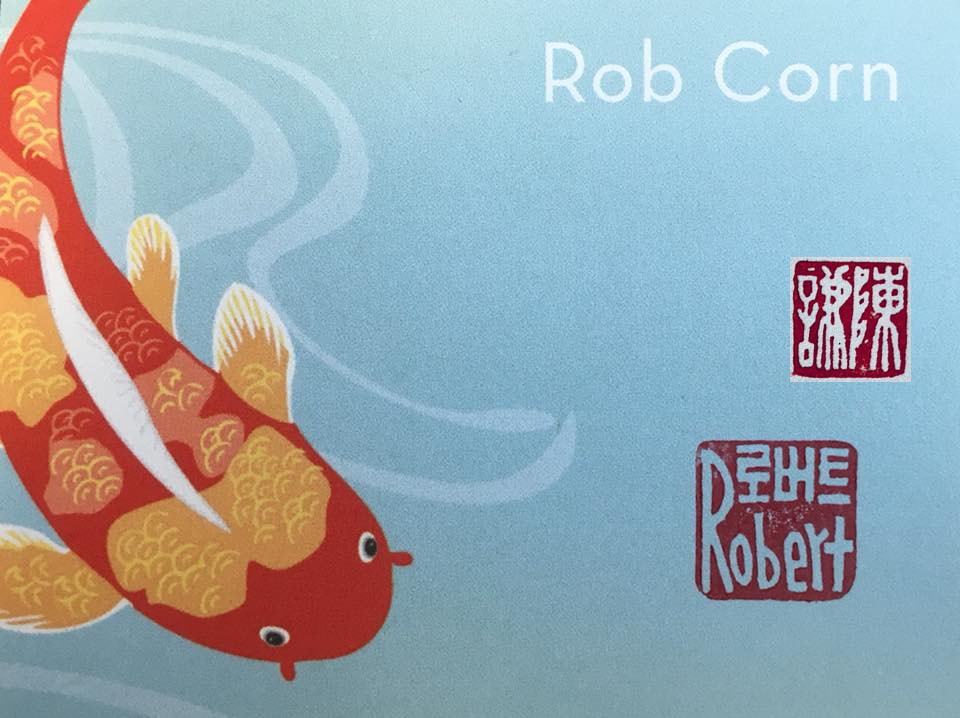|
Robert M. Corn, Ph. D.
Distinguished Professor Emeritus Department of Chemistry Email: [email protected] Address: 1102 Natural Sciences 2, Department of Chemistry, University of California, Irvine, Irvine, CA 92697-2025 USA |
Biographical Sketch
Robert M. Corn is a Distinguished Professor Emeritus of Chemistry and Biomedical Engineering at the University of California, Irvine. Prof. Corn received a B. A. in Chemistry from the University of California, San Diego, and a Ph. D. from the University of California, Berkeley. After a postdoctoral scientist position at the IBM San Jose Research Laboratory, in 1985 he joined the faculty of the Department of Chemistry at the University of Wisconsin-Madison where he was a Professor for 19 years. In 2004, Prof. Corn moved to the Department of Chemistry at the UCI where his current research centers on the creation of new interfacial and nanoscale chemistries and biochemistries. With over 160 publications and 14 patents, Prof. Corn has dedicated his career to the development and application of surface-sensitive spectroscopies such as surface plasmon resonance imaging (SPRI), optical second harmonic generation (SHG), and polarization-modulation Fourier transform infrared (FTIR) spectroscopy for the characterization of solid-liquid and liquid-liquid interfaces. His current research interests include the study of bioaffinity reactions at surfaces, the spectroscopic characterization of single polymer and metallic nanoparticles, the fabrication of nanostructured interfaces with unique optical, physical and properties, the on-chip templated biosynthesis of nucleic acid and protein microarrays, the synthesis of magnetic nanomaterials for biosensing and high frequency inductor applications, and the use of DNA structures for computation and nanoscience. Prof. Corn is a Fellow of the Society for Applied Spectroscopy and the American Association for the Advancement of Science; he received the 2007 ACS Analytical Chemistry Award in Spectrochemical Analysis, the 2007 Pittsburgh Spectroscopy Award and the 2017 ACS Analytical Chemistry Award in Chemical Instrumentation.
Google Scholar>

